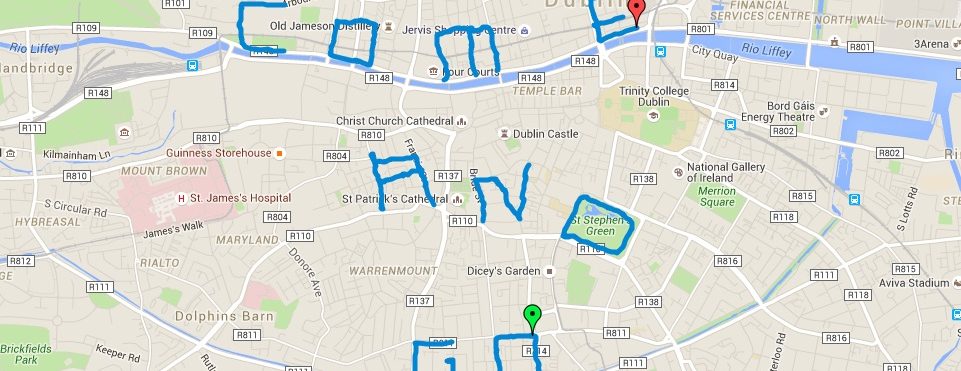Territorial Phantom
Exposição em Amsterdã, no Netherlands Media Art Institute, ressalta a importância da ocupação criativa dos espaços, da luta contra a privatização do público e a necessidade de constituir novos sentidos (novas relações materiais, afetivas, sociais, imaginárias) com os “lugares”. Uma outra forma de ver as novas constituições de territórios e lugares, como tenho insistido nesse Carnet e em meus últimos artigos. Participam da exposição: AES+F Group (RU), Yael Bartana (IL/NL), Cao Fei (CN), Yolande Harris (UK), Marine Hugonnier (F), Karen Lancel (NL), Lucas Lenglet (NL), Raqs Media Collective (IN), State of Sabotage (SoS), Artur Zmijewski (PL)

State of Sabotage (SoS)
Compreender os territórios informacionais (e os outros) nos permite ver a dinâmica atual lugares, suas formas de constituição e de permanência, as diversas tensões de fronteiras em relação às novas experiências com as tecnologias móveis digitais e projetos em “mídia locativa”. A exposição confirma assim a importância de se pensar a relação entre tecnologias de comunicação, espaço, território e lugar na cultura contemporânea (via Networked_Performance).
“Employing a whole mix of attitudes, viewpoints and forms, the artists in Territorial Phantom respond to occupying and possessing space. In today’s culture, based around claiming and possession, organizations, businesses and countries appropriate ever more space, by privatizing public space or bringing ‘democracy’ to countries, and where necessary eliminating opponents. Specific zones such as a city, a mountain range, or simply a piece of paper are central to the artworks in this exhibition. Territorial Phantom is about not only physical, but also virtual and symbolic spaces. Spaces can be shaped and changed in character by political, cultural or personal interventions. In addition, places are often linked to personal and collective memory. They involve boundaries, or perhaps to put it better, thresholds, which extend beyond physical barriers or time. Territorial Phantom examines the ways in which the significance of a place changes through acts, emotions, dreams and memories. Or is it perhaps only our perspective which shifts? How do we ourselves deal with space, with occupying space, and how do we define our own position in a country and in regard to various territories?”
